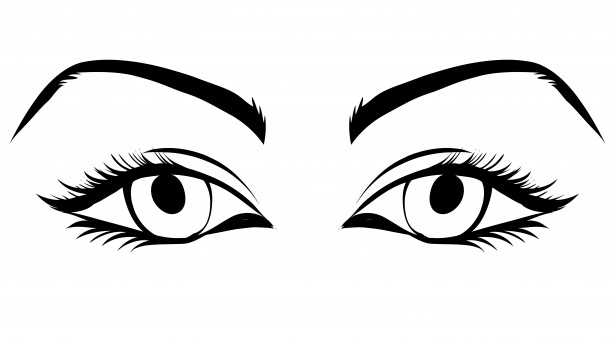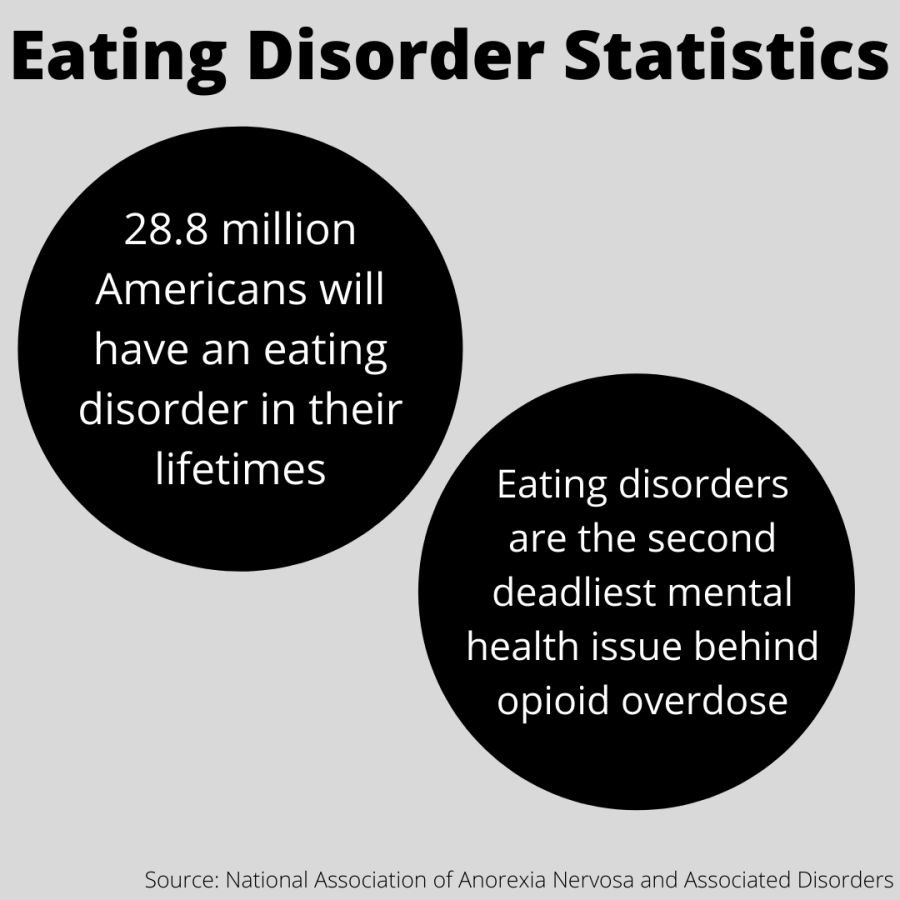“The Good Place” actress Jameela Jamil recently wrote online about her opinion on the dangerous female beauty standards created by advertisers. She shares this view with many other women who believe that the media enforces impossible standards that shape how women view themselves and how the world views them.
Jamil called out celebrities Cardi B and Kim Kardashian for promoting and advertising harmful products for the sake of beauty. She believes their sponsored Instagram posts perpetuate the standards in advertisements and the negative image women create for themselves. Jamil specifically called them out for promoting products such as appetite suppressants and detox teas. She explained the harmful bodily effects of the substances and how these products are not a healthy path for losing weight. Jamil also responded to one of Iggy Azalea’s Twitter posts and said, “When will these women who are covered in plastic surgery stop telling their followers to drink a laxative to look like them? It’s so embarrassing and it’s so encouraging of eating disordered behavior.”
Celebrities such as Kim Kardashian, Cardi B, Iggy Azalea and many more advertise these dangerous products without realizing the greater effect it has on the female perception in the media and society in general. It causes women to believe the body shape celebrities have is naturally possible, and they will do anything, harmful or otherwise, to get their body to look the same.
Recently, Jamil took a step further to speak out against this perpetuation in American culture. She specifically focused on the false images companies use in their advertisements. When discussing the use of airbrushing pictures in a British Broadcasting Company piece, she said, “I think it’s a disgusting tool that has been weaponized, predominantly against women, and is responsible for so many more problems than we realize because we are blinded by the media, our culture and our society.” She goes further to say how the act of airbrushing advertisements and commercials must be outlawed.
Although the single act of banning the use of Facetune or Photoshop for deceitful purposes can seem insignificant, it will still become part of the trend to fix the larger social ill of standards for women. It will allow younger girls of the next generation to feel less pressure to aim toward an unachievable beauty image. When more real and accurate images become normalized, Instagram famous influencers will feel less inclined to promote such harmful products to their impressionable audiences.
Jamil is an individual with status because of being both a celebrity and a woman that follows the typical standards of beauty. It is easy for her to focus on such topics and discuss so openly about them. This is why it is the job of institutions such as the government, companies and media to take action to encourage more positive beauty standards. The government and media affect many more people than Jamil can, and they also have more credibility behind them to make a change.
Companies have a corporate social responsibility to ensure what they are promoting and showing to the public is working toward the greater good of society. Once these companies begin to normalize the banning of falsified images, then it will make it easier to create impactful legislation that producers can be held accountable for because companies will normalize those kinds of images to the public .
France took a step toward diminishing these beauty ideals through legislation passed last year. It stated that models must provide a doctor’s certificate showing that their overall physical health is at a healthy level. Since Oct. 1, 2017, digitally altered photos where a model’s appearance was manipulated must be labelled signifying the altercation. “Exposing young people to normative and unrealistic images of bodies leads to a sense of self-depreciation and poor self-esteem that can impact health-related behavior,” France’s Minister of Social Affairs and Health said.
Though it might be difficult to hold all companies accountable for malpractice with this kind of legislation in place, it still creates a serious consequence for those that do not comply. The high exposure that women, especially young girls, have to falsified media images is not healthy and will never allow women to feel satisfied with themselves.
According to a 2016 survey published by BBC, two-thirds of teenage girls and young women do not think they are pretty enough. Ninety-three percent believe they are judged more by their appearance than their ability.
It is not only women’s perception of themselves that is affected, but their health as well. National Health Service reported numbers in early 2018 that stated admissions to hospitals for severe eating disorders have almost doubled over the last six years. These alarmingly high numbers will continue to rise if impossible beauty standards placed on women continue to be ignored through companies, legislation and the media. Although Jamil’s statements are taking a stance, more action must be taken to ensure change truly occurs.











